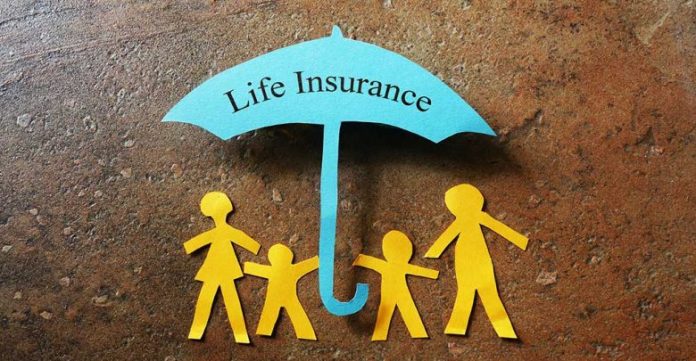Life insurance gives you and your loved ones a financial cushion when a tragedy comes knocking. However, for reasons better known to you, the policy may no longer be essential. So the question is, are you capable of canceling your life insurance policy?
Legally, you’re within your rights to cancel your life insurance policy as and when you wish, and for whatever reason. And you can make that move during or after a cooling-off period, usually 30 days for life insurance.
So, what questions should you ask yourself before canceling your life insurance policy? Find out below!
Will my family house or estate be at risk?
Besides protecting their loved ones financially when they’re gone, most people purchase life insurance to protect their homes and property. And if it’s for mortgage protection purposes, it may involve massive amounts of loans. So, before considering canceling your policy, you must ensure that your family will keep up with the mortgage repayment should you pass away.
If you still have many years left on your mortgage, it may be wise to reduce, rather than cancel it altogether. Nonetheless, if you’ve repaid all your creditors in full, there’s no harm in canceling your life insurance policy.
Will my family finance the daily expenses comfortably when I’m gone?
Keeping up with everyday expenses requires adequate financial preparedness. More so, if you’re the sole breadwinner in the family, you shouldn’t be in a hurry to cancel your life insurance coverage unless you have supplementary income.
And another thing, think about retirement. Is your partner nearing retirement? If yes, will they be able to cope without your income? Imagine putting your spouse through the struggle of working post-retirement to meet the daily expenses. You wouldn’t want that, would you?
All the same, if your children and spouse can meet the family expenses comfortably through their earnings, then you may be free to cancel your policy.
What are my present and future financial obligations?
There’s more to financial needs than the usual daily expenditures. Present and future financial obligations, such as outstanding debts, mortgage payments, and property taxes, should influence your decision to cancel or retain your life insurance policy.
Picture this: you’ve co-signed a credit card with your partner, and you decide to terminate your policy or pass away unexpectedly. In this case, your spouse will be legally liable for any outstanding debt tied to that account, and servicing it off the pocket (without your income) could be challenging.
Other future financial obligations to keep in mind before canceling your policy include burial expenses, wedding costs, children’s tuition fees, etc. If your policy is almost coming to an end and you’ve accumulated enough savings or already settled a significant number of obligations, you can cancel your policy without worry.
Do I have any pre-existing conditions?
Qualifying for life insurance coverage with pre-existing medical issues usually is a challenge.
Some insurers even allow you to renew your term life insurance policy without taking a subsequent medical exam, but this all depends on the terms and conditions of your policy.
Even so, you still have one firing bullet left if your policy conversion process fails to go through for one reason or another. You can opt for non-medically underwritten life insurance, where you won’t be asked to undertake a medical examination despite having a pre-existing condition.
Conclusion
Sometimes, one of the best ways to avoid overpaying your life insurance when you feel you no longer need it is to cancel the policy. But before doing so, you MUST ensure that your family won’t lose their house, settle or save up for various financial obligations, have plans for your family’s daily needs, and seek alternative coverage if you have a pre-existing condition.
Do you have any questions or further suggestions surrounding the termination of a life insurance policy? Share your thoughts below.
Disclaimer: This article contains sponsored marketing content. It is intended for promotional purposes and should not be considered as an endorsement or recommendation by our website. Readers are encouraged to conduct their own research and exercise their own judgment before making any decisions based on the information provided in this article.









